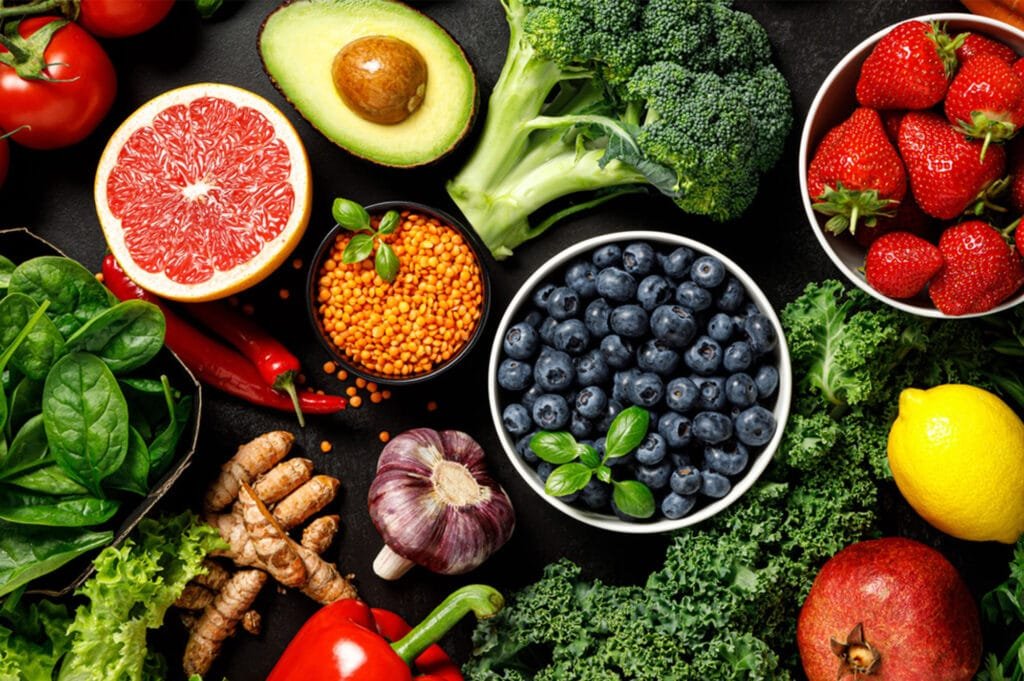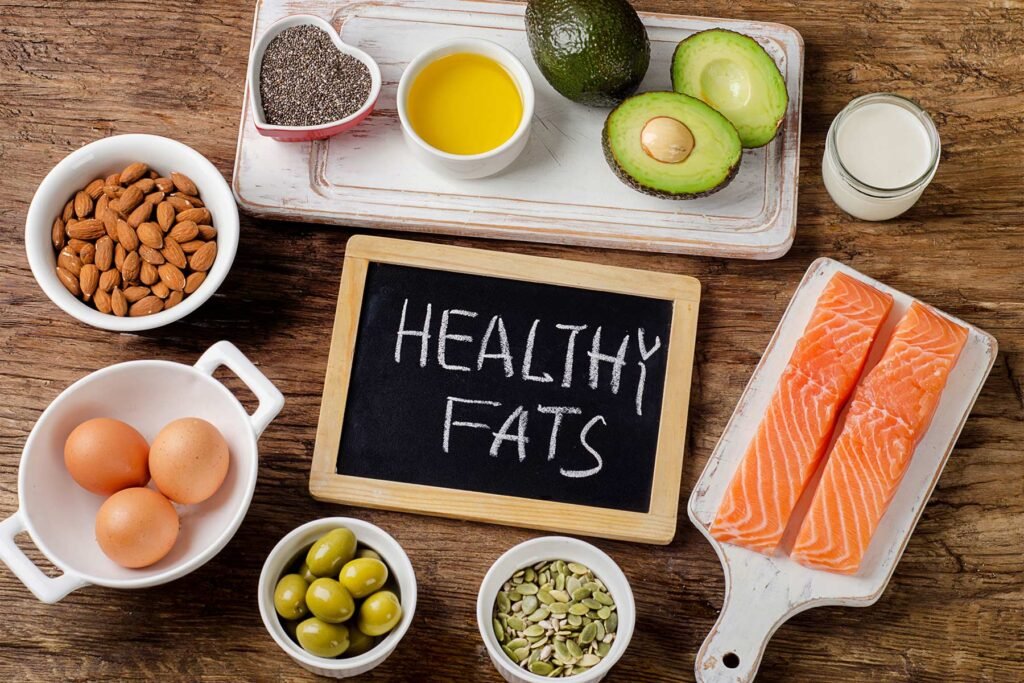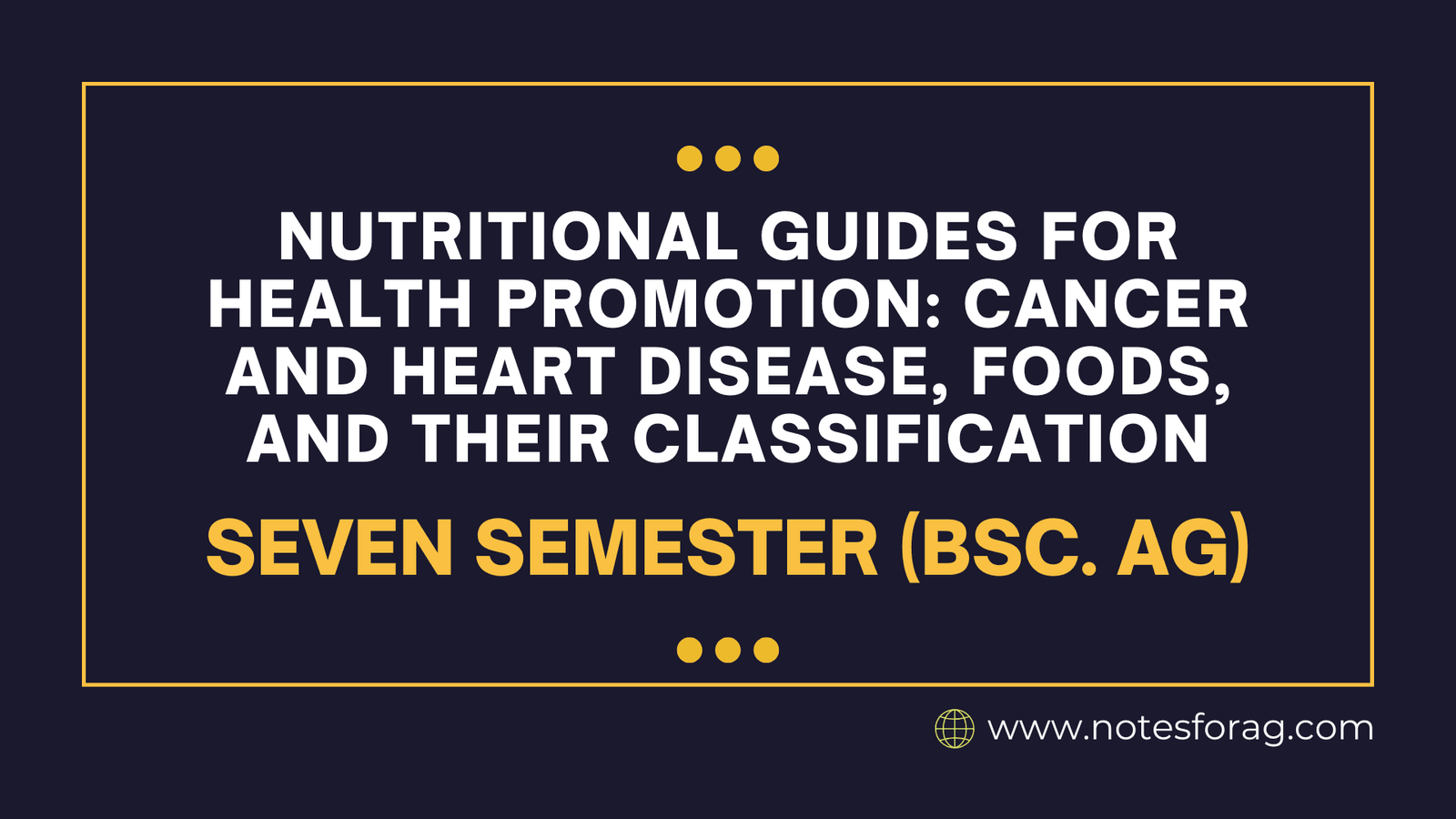What is Nutritional guide?
A nutritional guide is a resource that provides guidelines on what types of foods to eat, in what quantities, and how often, to promote overall health and prevent disease. Nutritional guides typically outline food groups, portion sizes, and recommended intake of key nutrients like vitamins, minerals, protein, and healthy fats.
Nutritional guides are often used by individuals, families, and healthcare professionals to create balanced diets that meet health needs at different life stages or to address specific health concerns, such as reducing the risk of heart disease, diabetes, or obesity.
Table of Contents
Proper nutrition is essential in reducing the risks of serious conditions such as cancer and heart disease. By focusing on a diet rich in certain nutrients, antioxidants, and healthy fats, we can help protect the body from these diseases while promoting overall health. Here is a breakdown of the food groups that can contribute to disease prevention and how they’re classified for a health-supporting diet.
How Diet Can Help Prevent Cancer and Heart Disease
Cancer and heart disease are among the leading health concerns globally. Although genetics and lifestyle factors, such as physical activity and smoking, play a role, nutrition has a major influence on our health. Studies indicate that antioxidants, nutrients, and healthy fats in foods can protect the body against disease. For instance, antioxidants combat cell damage, which is important in cancer prevention, while healthy fats support heart health by reducing cholesterol and inflammation.
Food Groups for a Health-Promoting Diet
Foods are classified into different categories based on their nutrient benefits and roles in disease prevention. Here’s how each group supports cancer and heart disease prevention:
1. Fruits and Vegetables

Fruits and vegetables are rich sources of vitamins, minerals, fiber, and antioxidants that enhance immunity and protect cells. Antioxidants in these foods help neutralize free radicals, which can damage cells and contribute to cancer risk. Fiber also helps reduce cholesterol, benefiting heart health.
Examples: Berries, oranges, apples, carrots, spinach, broccoli, and bell peppers
Nutrients: Vitamin C, potassium, folate, fiber, and antioxidants such as beta-carotene and polyphenols
Recommended Intake: Try to make fruits and vegetables half of your plate at every meal. Variety is essential since different colors offer unique health benefits.
2. Whole Grains

Whole grains provide complex carbohydrates, fiber, vitamins, and minerals that support heart health and lower cancer risk. The fiber in whole grains helps reduce blood pressure, control cholesterol, and improve digestion, which may decrease the risk of colon cancer.
Examples: Oats, brown rice, whole wheat, quinoa, and barley
Nutrients: Fiber, B vitamins, magnesium, and iron
Recommended Intake: Choose whole grains instead of refined grains, aiming for at least half of your daily grain intake to come from whole sources. Refined grains lose beneficial fiber and nutrients during processing.
3. Lean Proteins
Proteins are important for muscle repair, immunity, and hormonal balance. Lean proteins, like fish and legumes, are beneficial for heart health and cancer prevention. Fatty fish, such as salmon and tuna, contain omega-3 fatty acids, which help reduce inflammation and lower the risk of heart disease.
Examples: Fish, chicken, turkey, lentils, tofu, beans, and nuts
Nutrients: Omega-3s, lean protein, B vitamins, iron, and magnesium
Recommended Intake: Include lean protein in each meal, with fish at least twice a week. Plant-based proteins, like beans and lentils, are also high in fiber and contribute to a healthy diet.
4. Healthy Fats

Unsaturated fats, found in foods like nuts, seeds, and olive oil, are beneficial for heart health. Known as “good fats,” they help lower LDL cholesterol and reduce inflammation, which is linked to heart disease and some cancers.
Examples: Olive oil, avocado, nuts (almonds, walnuts), seeds (chia, flax), and fatty fish
Nutrients: Omega-3 and omega-6 fatty acids, vitamin E
Recommended Intake: Include healthy fats daily, focusing on unsaturated sources. Limit trans fats and saturated fats found in processed foods, fried foods, and pastries, as these increase heart disease risk.
5. Dairy and Fortified Alternatives
Dairy products and fortified alternatives supply calcium, vitamin D, and potassium, supporting bone and heart health. Calcium intake is linked to a lower risk of certain cancers, such as colorectal cancer.
Examples: Milk, yogurt, cheese, and fortified plant-based alternatives (almond, soy, and oat milk)
Nutrients: Calcium, vitamin D, protein, and potassium
Recommended Intake: Choose low-fat or fat-free dairy products, or fortified non-dairy alternatives. Aim for two to three servings of dairy or fortified substitutes each day.
Additional Tips for Preventing Cancer and Heart Disease
Beyond selecting healthy foods, consider these additional habits:
Limit Red and Processed Meats: Red and processed meats are linked to higher colorectal cancer and heart disease risk. Substitute with plant-based or lean proteins whenever possible.
Reduce Sugar and Salt Intake: High sugar intake can lead to weight gain, a risk factor for both cancer and heart disease. Excessive salt can raise blood pressure. Opt for whole foods and limit processed foods with hidden sugars and salts.
Stay Hydrated: Water helps flush out toxins and keeps the body functioning well. Try to drink at least eight glasses a day, or more if you’re physically active.
Balance and Moderation: Practicing portion control, mindful eating, and incorporating physical activity support a healthy weight, reducing the risk of both cancer and heart disease.
Conclusion
Eating well is a powerful way to prevent cancer and heart disease. By focusing on whole foods like fruits, vegetables, whole grains, lean proteins, healthy fats, and dairy or fortified alternatives, you can support your body’s defenses against these serious diseases. Healthy dietary choices, along with active lifestyle habits, are key to building a stronger, healthier body and enjoying a fulfilling life.
Frequently Asked Questions (FAQ)
What is a nutritional guide?
A nutritional guide is a set of recommendations about what and how much to eat from each food group to promote health and prevent diseases. Nutritional guide helps people make informed food choices for balanced nutrition that supports daily health needs.
Why nutritional guide is important?
Nutritional guides provide a framework for making healthy food choices. They help individuals understand portion sizes, nutrient needs, and which foods to prioritize for specific health goals, such as weight management, reducing the risk of chronic diseases, or supporting growth and development.
Who should use a nutritional guide?
Nutritional guides can benefit everyone, from children and teenagers to adults and seniors. Healthcare professionals, educators, and anyone looking to improve their diet and health can use these guides to make better food choices.
Related Articles

